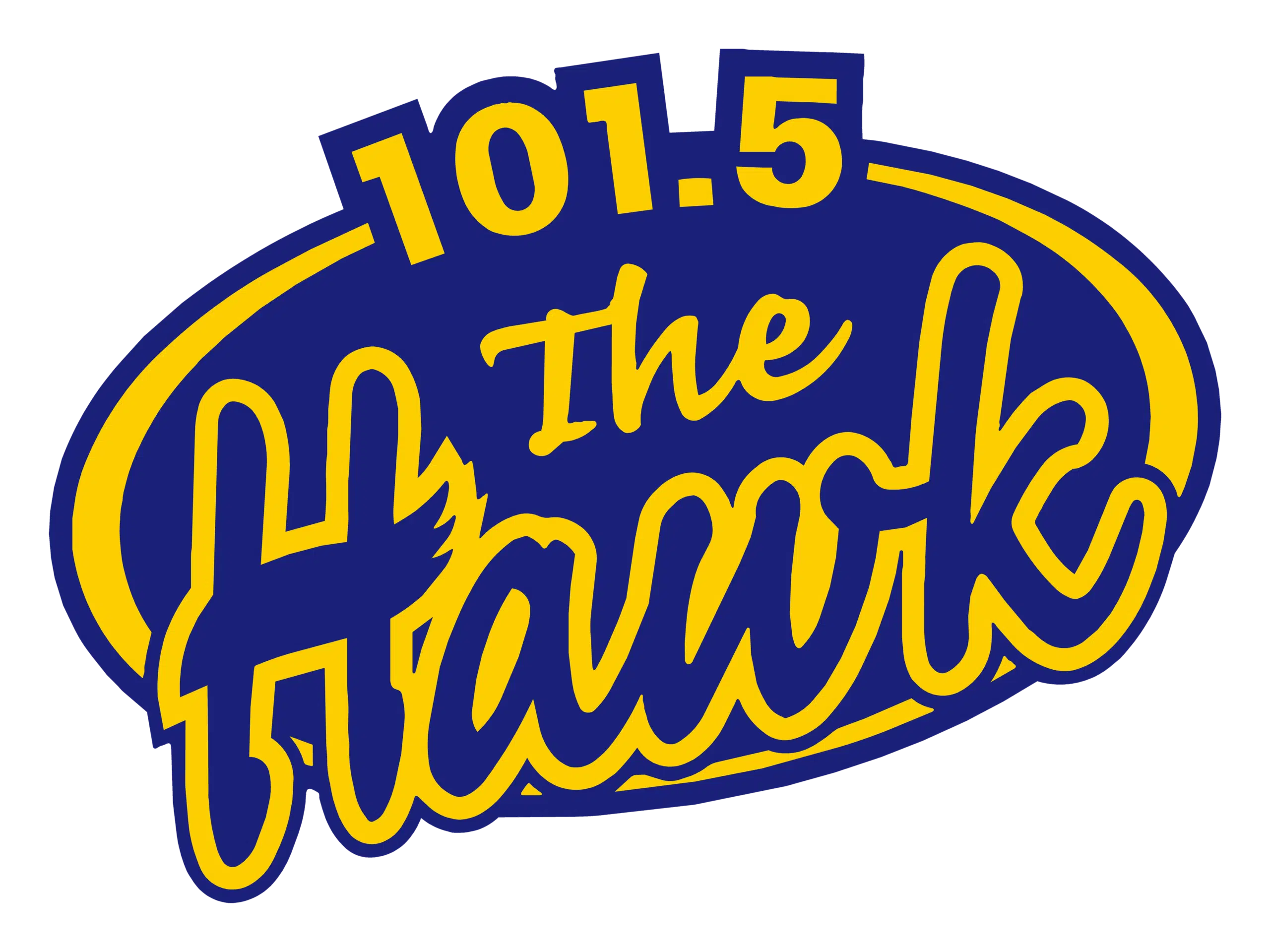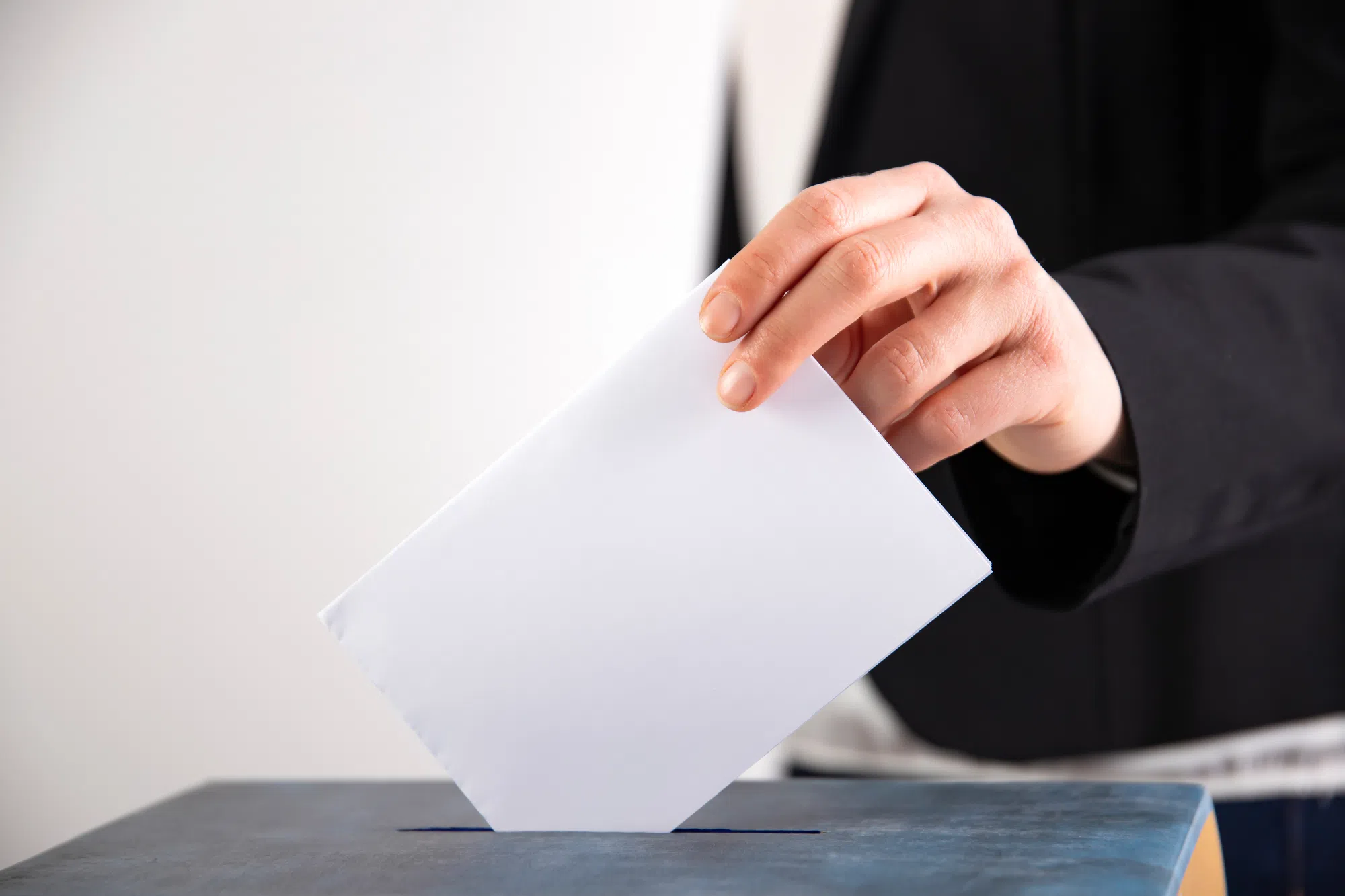If you haven’t registered to vote, it’s not too late.
You can register or update your information when you go to your assigned polling station to vote. To find your polling station, head to the Elections Canada website and type your postal code into the search bar.
You’ll only need one piece of ID if it’s government-issued, like a driver’s license, and contains both your photo and your current address.
But if you moved recently and need to update your address, you’ll need tow documents from places like banks, from a landlord, or an envelope. One requires your photo, and one requires your current address, but both need to have your name on them.
Someone from the same polling station can also vouch for you, so long as they prove their identity and address.
All documents have to be in their original format. If they are electronic documents, they can be printed or shown on a mobile device.
Here’s a full list of acceptable ID from the Elections Canada website:
From a government or government agency
- band membership card
- birth certificate
- Canadian citizenship card or certificate
- Canadian Forces identity card
- Canadian passport (accepted only as proof of identity)
- card issued by an Inuit local authority
- firearms licence
- government cheque or cheque stub
- government statement of benefits
- health card
- income tax assessment
- Indian status card or temporary confirmation of registration
- library card
- licence or card issued for fishing, trapping or hunting
- liquor identity card
- Métis card
- old age security card
- parolee card
- property tax assessment or evaluation
- public transportation card
- social insurance number card
- vehicle ownership
- Veterans Affairs health care identification card
From Elections Canada
- targeted revision form to residents of long-term care facilities
- voter information card
From an educational institution
- correspondence issued by a school, college or university
- student identity card
From a health care facility or organization
- blood donor card
- CNIB card
- hospital card
- label on a prescription container
- identity bracelet issued by a hospital or long-term care facility
- medical clinic card
From a financial institution
- bank statement
- credit card
- credit card statement
- credit union statement
- debit card
- insurance certificate, policy or statement
- mortgage contract or statement
- pension plan statement
- personal cheque
From a private organization
- employee card
- residential lease or sub-lease
- utility bill (e.g.: electricity; water; telecommunications services, including telephone, cable or satellite)
Letters of confirmation
- letter from a public curator, public guardian or public trustee
- letter of confirmation of residence from a First Nations band or reserve or an Inuit local authority
- letter of confirmation of residence from an Alberta Metis Settlement authority
- letter of confirmation of residence, letter of stay, admission form, or statement of benefits from one of the following designated establishments:
- student residence
- seniors’ residence
- long-term care facility
- shelter
- soup kitchen
- a community-based residential facility
They will also accept e-statements and e-invoices, which can be printed or shown on a mobile device.
Expired ID can also be used as proof of identity if it has your name and as proof of your address if it has both your name and current address.










